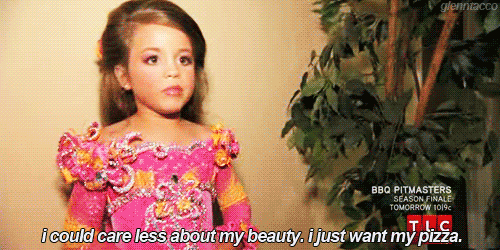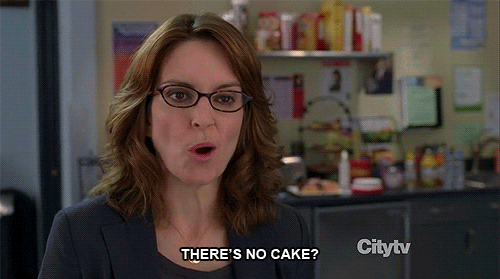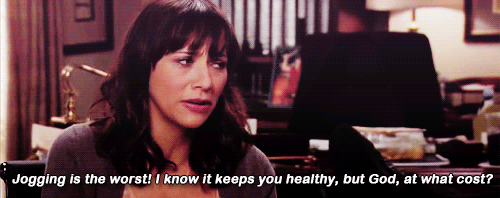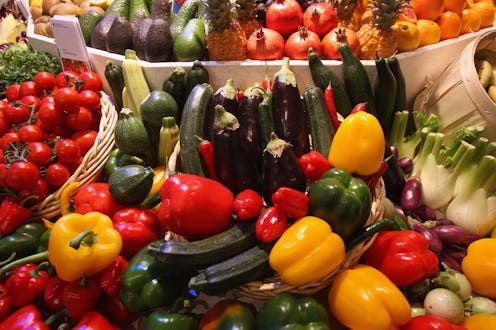Life
This Surprising Factor Affects What You Eat
Science just loves to rain on our collective parade, doesn't it? According to a recent study, how you plan a diet is driven by your thoughts, but your feelings are what actually dictates your behavior. It looks like your high school health teacher that claimed eating well was a matter of willpower probably wasn't speaking the gospel truth, although you've probably figured that one out by now. As anyone who's tried to make major changes to their eating habits knows, sometimes knowing what to eat and actually eating it are entirely different things. A new study, conducted at the University of Buffalo, looked at the connections between behavioral intentions versus actual behaviors when patients attempted to follow a diet, Science Daily reports. Unsurprisingly, the results showed that people are great at knowing what to eat; it's kind of hard to avoid when there are "healthy eating" how-to guides everywhere you turn. Logic goes out the window, however, when it comes to actually following through with the plan."If you're sitting back conceiving a plan you may think rationally about the benefits of eating healthier foods," public health researcher Marc Kiviniemi said. "But when you're in the moment... it's the feelings associated with that behavior that may lead you to make different decisions from those you planned to make."Basically, you understand intellectually that eating an entire pizza is terrible for you, but when you're actually confronted with a pizza, it can quickly turn into a cheese-and-tomato-sauce-based bloodbath.

<img alt="" src="https://31.media.tumblr.com/f5b910ee1dd3a383cb5414bf35714e4e/tumblr_n1echbMNca1rcsm4to1_500.gif" class="article-body-image" title="Image: https://31.media.tumblr.com/f5b910ee1dd3a383cb5414bf35714e4e/tumblr_n1echbMNca1rcsm4to1_500.gif"/>
According to Kiviniemi, it comes down to the emotional associations we make with food. Deprivation diets, or even diets that involve food we don't enjoy, are "miserable," he says, and will inevitably end up making you hangry. If you're battling the urge to chuck your kale salad in the trash every time you eat lunch, for example, chances are you're going to tire out quickly.

<img alt="" src="http://38.media.tumblr.com/4fed4bcbd8a45aa167b3415167f3ec43/tumblr_mf6z926nEy1rsd9coo1_500.gif" class="article-body-image"/>"Deprivation or anything that demands a high degree of self-control is a cognitive process," he continued. "If you put yourself in a position to use that energy every time you make a food choice that energy is only going to last so long."
That doesn't mean you're doomed to subsist on doughnuts and cold cereal forever, though. Like with most things, the answer lies in compromise. "It's not just about eating healthy foods. It's about eating the healthy foods you like the most," Kiviniemi said. If you're trying to eat healthier, which most of us could probably stand to do, don't start by cutting out all your favorite foods and trying to force yourself to love quinoa. Trust me, nobody likes that stuff at first. Try introducing healthier foods in small portions, and if you absolutely hate something, don't make yourself eat it. Soon, you'll be bragging about your zucchini craving in no time! Now if you could just take the same approach to exercise...

<img alt="" src="http://38.media.tumblr.com/tumblr_lx1bcq5f4B1qzqdem.gif" class="article-body-image"/>
Images: fatimahasan12/awkwardlifeisawesome/wayfaringmd/Tumblr
